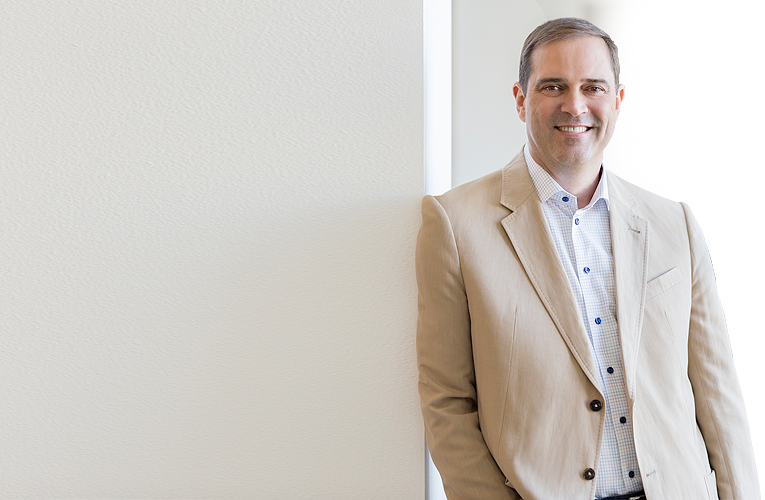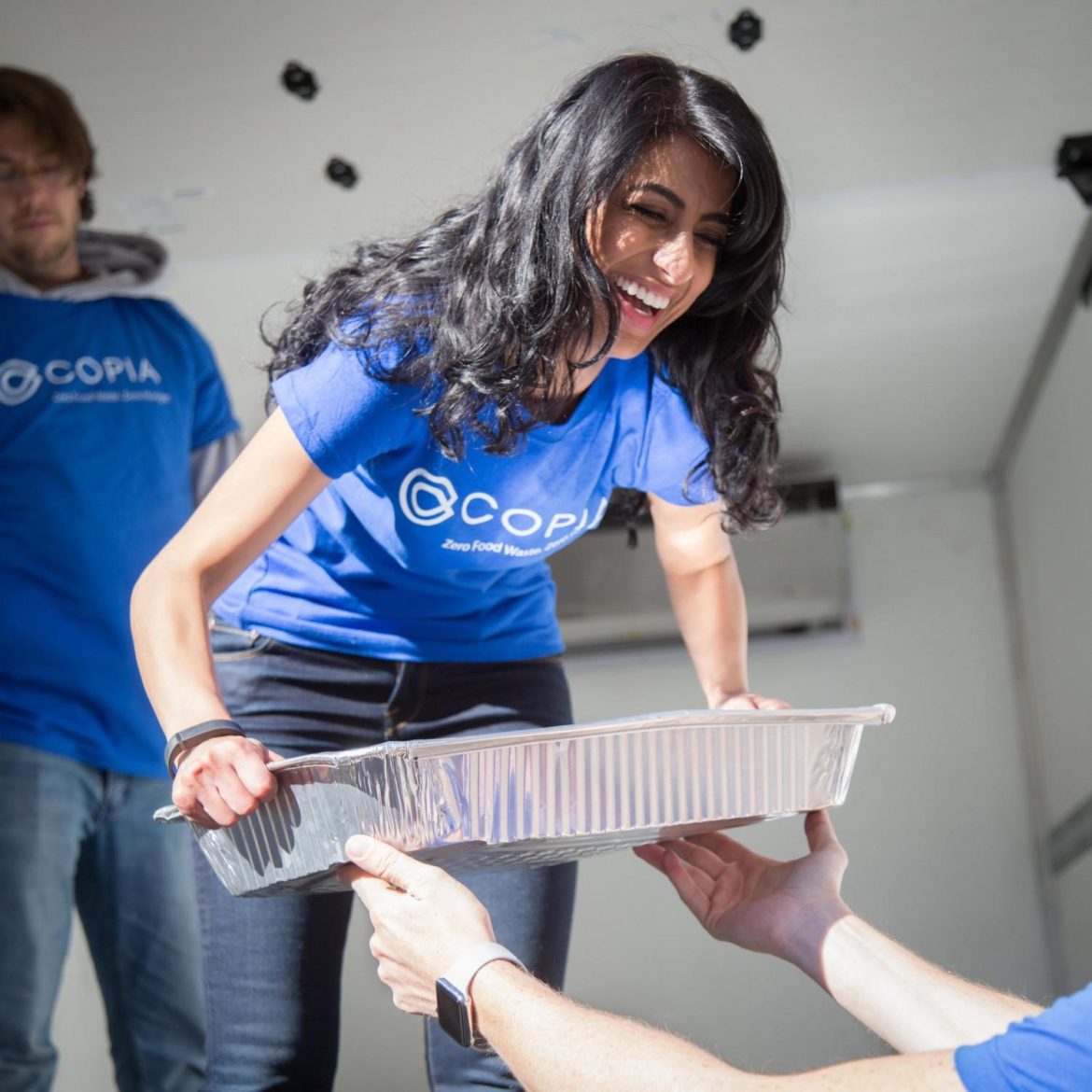A recent Deloitte survey polled over 7800 millennials with college degrees who also work full time. When asked for what they were looking for when they first entered the job market, most respondents said that they looked for companies with a strong sense of purpose beyond a simple profit motive. In general, millennials believe that companies should spend more time focusing on contributing to society and helping their employees rather than just making money. With survey results like this, it is giving companies even more incentive to increase their social responsibility and give back to their communities and employees. The following is a list of 6 leaders from Bay Area-based companies that have made a strong conscious effort to be socially responsible and direct their companies toward the betterment of society.
Victoria Tsai of Tatcha

After spending a decade working for large corporations, Victoria Tsai decided to risk it all to start a new beauty company. Tsai suffers from acute dermatitis and, on a search for more holistic beauty products, she traveled to Kyoto, Japan. Here, she had a life-changing experience with a modern-day geisha– and the idea for Tatcha was born.
Based in San Francisco, where she lives with her husband and daughter, Tsai works with scientists in the US and Japan to create formulas inspired by geisha beauty practices. But her interactions with geisha also led to her understanding of beauty as a mental trait as well as a physical one.
So in 2014, Tsai partnered Tatcha with Room to Read (specifically their Girls’ Education program) to provide access to education for girls across Asia and Africa. A portion of sales from each full-size beauty product goes towards funding another day of education for one of these girls.
As of March 2017, Tatcha has funded one million days of school for girls in the Room to Read program. Considering Tatcha’s total revenue as of 2014 was $12 million and its partnership with Room to Read is stronger than ever, it is safe to say that Tsai’s business model is extremely successful.
Kevin Cleary of Clif Bar

Based in Emeryville, Clif Bar is a profitable and well-known health food company. CEO Kevin Cleary is focused on more than just wealth and recognition, though. Under Cleary’s leadership, not only did Clif Bar double its business size, but also increased sustainability and employee productivity.
Cleary bases his business model on “Five Aspirations: Sustaining our Business, Brands, People, Community and the Planet”. He says these aspirations help the company “consider decisions from multiple perspectives that we value, and we choose the word “aspiration” in recognition that we’re on a journey and can always do more in each of these areas.”
Using these Five Aspirations, he led Clif Bar to build the country’s first LEED Platinum corporate headquarters, which uses “biophilic design” to reduce stress, enhance creativity and thought clarity, and improve the overall well-being of its employees. It also has significant positive environmental impacts. Overall, Cleary has recognized the importance of linking the company’s purpose and profits, and doing so has throttled Clif Bar even further up the ladder of success.
Chuck Robbins of Cisco

Up until 2015, Cisco’s CEO was John Chambers, a man with strong corporate social responsibility (CSR) goals and a passion for using technology to improve the lives of people across the globe. When Cisco’s CEO position was transferred to Chuck Robbins, many questioned if he would have the same drive for CSR programming and initiatives as his predecessor.
He has put those questions to rest. At the 2016 World Economic Forum (WEF), Cisco contributed insight on how to create a generation of global problem solvers that can use technology to solve the world’s greatest challenges. Prior to the WEF, Robbins blogged about his obligation to improve the state of the world. He discussed how many companies don’t feel confident in identifying attacks on their businesses and remediating the damage.
Therefore, he announced that Cisco would provide a $10 million Global Security Scholarship with the intent of educating and training individuals to combat modern security threats. Robbins understands the vital and ever-growing role that technology has in today’s society and is using his thriving company to contribute positively to this sector.
Talia Frenkel of L.
 Talia Frenkel started her career as a photojournalist. Her job was to document disasters and humanitarian crises for the Red Cross and the United Nations. In doing so, Frenkel was exposed to the suffering of women around the world and gained a strong interest in women’s issues. She specifically noted how the number one killer of women of childbearing age globally is still AIDS and that condom availability is a huge issue. Through the recognition of this problem came the idea for her company, L.
Talia Frenkel started her career as a photojournalist. Her job was to document disasters and humanitarian crises for the Red Cross and the United Nations. In doing so, Frenkel was exposed to the suffering of women around the world and gained a strong interest in women’s issues. She specifically noted how the number one killer of women of childbearing age globally is still AIDS and that condom availability is a huge issue. Through the recognition of this problem came the idea for her company, L.
Realizing that personal care items were always available to her throughout her life, she set out to make that a reality for women across the globe. Now, the purchase of any of L.’s “ethical personal care products”, including tampons, pads, liners, and condoms that are all organic and chemical-free, donates one to a female entrepreneur in a developing country. Her business model has taken off. L. products can now be found at Target and CVS and have helped distribute over 1 million health products globally. And it’s important to note that Frenkel never planned on being an entrepreneur. But that didn’t stop her.
As she stated in an interview, “I had no experience in working with the FDA, sourcing products, international shipping, and so on. There was a steep learning curve, and there continues to be. I think the key to that process was surrounding myself with people who are a lot smarter than me, people that have much more experience. If you’ve got an idea and you think the world is going to be better because of it, then start. Just start.”
Komal Ahmad of Copia

As a senior at University of California, Berkeley, Komal Ahmad noticed food being discarded in the dining hall just feet away from homeless people searching for food for themselves. Ahmad, calling hunger the “developed world’s dumbest problem”, decided to attempt to apply technology to the issue of hunger and food redistribution.
In 2012, her non-profit Copia was launched in the San Francisco with the goal of matching charities and aid organizations with local businesses that have surplus food. Now a for-profit business, Copia has recovered more than 830,000 pounds of food from 150 clients across some three dozen California cities. They’ve helped to feed nearly 700,000 people and are now looking to expand to a half dozen U.S. cities, including Boston, New York, and Chicago, in the next year. Even officials in Germany and Austria are interested in the technology as a way to feed migrants and refugees.
That has inspired Ahmad to think about applying the Copia method to other essentials, such as medical supplies, books, and clothing. But for now, Ahmad is happy with Copia’s level of success. “One thing that’s beautiful about our business model is that when we win, no one loses,” she says.
Leila Janah of LXMI

Leila Janah always worked to help alleviate global poverty. She founded Samasource, a tech company whose business model helps lift people out of poverty, but now she has found herself in the beauty industry. “I was traveling in rural Uganda when I discovered Nilotica Reserve™, a pure, rare, organic ingredient that transformed my dry skin to dewy almost immediately. When I learned I could import this and help give job opportunities to war widows in East Africa, LXMI was born,” she stated in an interview.
LXMI employs hundreds of women harvesters to collect Nilotica nuts and even more women to hand-make them into Nilotica butter. They earn 3x the wages that they could make doing any other job in Uganda. And while, Janah could import the nuts and process the butter in a lab, she chooses to keep production in rural East Africa to preserve these job opportunities for women.
Although skin care companies are far from lacking in the area, Janah believes that LXMI is differentiated by one main thing. Her commitment to impact sourcing practices and fair trade standards “are not afterthoughts for LXMI; they are our reason for being.”
By: Cianna Allen

